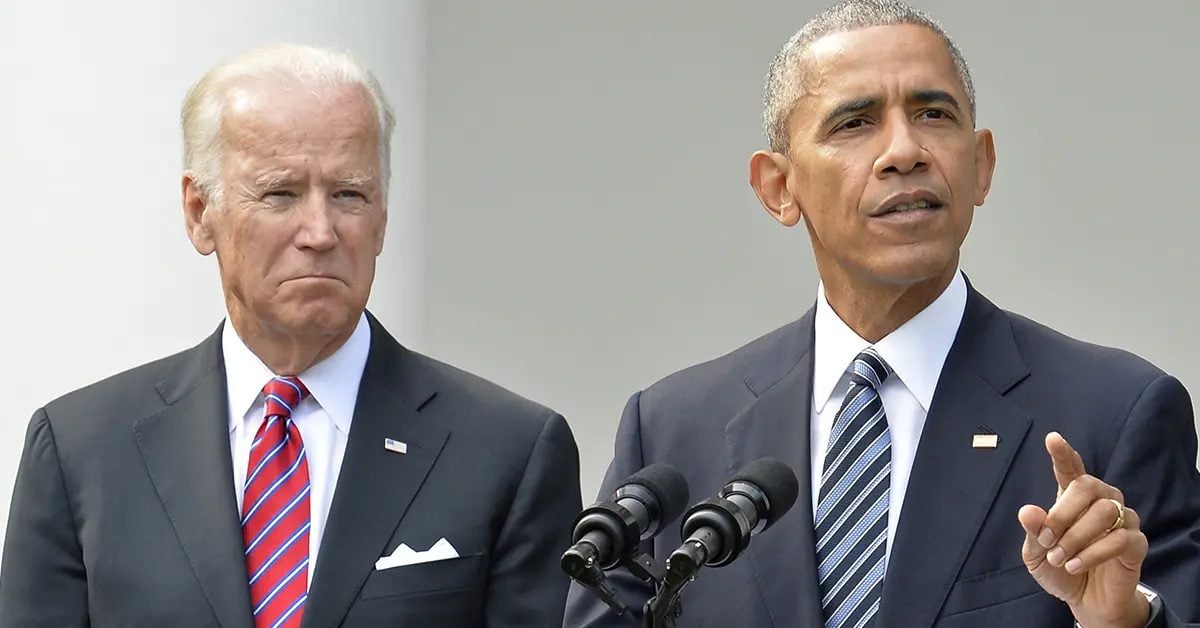Cannabis Rescheduling: A Potential Game-Changer in the Industry
A recent report from the U.S. Drug Enforcement Agency (DEA) has stirred up the cannabis market, signaling a potential shift in drug classification. The DEA is considering reclassifying marijuana as a less risky substance, a move that could have significant implications for the industry.
Market Response
Following this news, shares of key cannabis companies showed remarkable gains. Tilray Brands saw a surge of up to 28%, while Canopy Growth and Curaleaf stocks witnessed increases of 33% and 18%, respectively. The MJ Pureplay 100 Index, a global benchmark for the cannabis sector, experienced a 15% jump, marking its best performance since last August.
Leading cannabis exchange-traded funds (ETFs) also rode the wave of optimism. The AdvisorShares Pure U.S Cannabis ETF soared 25% before being paused due to volatility, while the Amplify Alternative Harvest ETF recorded gains of 18%.
DEA Proposal Details
The proposed reclassification would see marijuana move from a Schedule I to a Schedule III drug, putting it in the same category as ketamine and anabolic steroids, rather than alongside substances like heroin and LSD. This change acknowledges the medicinal benefits of cannabis while recognizing its lower potential for abuse compared to more dangerous drugs.
It’s important to note that this adjustment would not legalize recreational marijuana use. Instead, it aims to reflect the evolving understanding of cannabis within a medical context.
Industry Impact
This potential reclassification comes at a time when federal drug policy lags behind shifting state regulations on cannabis. With 38 states, three territories, and Washington D.C. having legalized medical marijuana, and 24 states, two territories, and D.C. permitting recreational use, the industry is experiencing rapid growth.
Estimates suggest that the cannabis sector is now valued at nearly $30 billion, highlighting its economic significance. Additionally, reclassifying marijuana could alleviate some of the tax burdens faced by cannabis businesses, potentially boosting profitability in the sector.
Industry reports indicate that cannabis companies paid $1.8 billion more in federal taxes in 2022 than non-marijuana businesses, underscoring the financial impact of current drug classification.
Future Outlook
Leaders in the cannabis industry see the DEA’s potential reclassification as a pivotal moment. Matt Darin, CEO of Curaleaf, views this development as a crucial step in undoing the negative impacts of past drug policies. Looking ahead, he anticipates further growth and opportunities for the industry.
As the DEA’s proposal progresses through official channels and public consultation, stakeholders will be closely monitoring the potential outcomes for the cannabis market. The future landscape of the industry may be on the brink of transformation, with implications reaching far beyond just stock prices.
Image/Photo credit: source url





